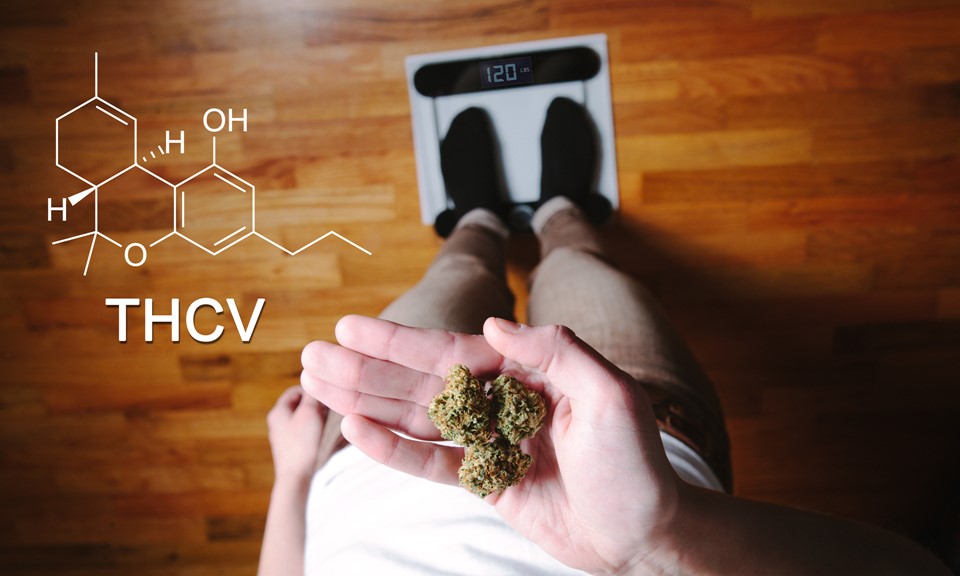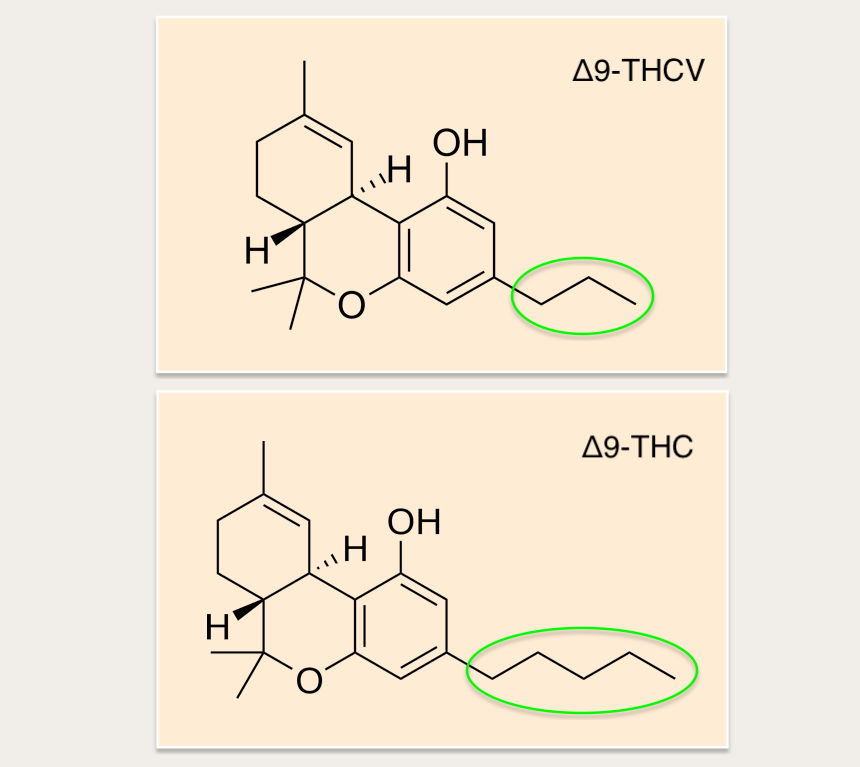Tetrahydrocannabivarin (THCV) is a cannabinoid compound discovered in marijuana and hemp plants. It's chemically similar to tetrahydrocannabinol (THC) but with some key differences. Here's whatever you require to learn about THCV including the threats, advantages, differences, and resemblances with other kinds of THC and more. What Is THCV? THCV is a less typical cannabinoid found in some stress of cannabis, especially African sativa.
 THCV: What are the Benefits; Does it Get You High? - Vaping360
THCV: What are the Benefits; Does it Get You High? - Vaping360
 THCV vs THC: What Are the Differences? Articles Analytical Cannabis
THCV vs THC: What Are the Differences? Articles Analytical Cannabis
 What is THCv? THCv Effects Verilife
What is THCv? THCv Effects Verilife
THCV has a 3-carbon side chain rather than THC's 5-carbon side chain. This difference is subtle, however it has a noticeable effect on the result profile. THCV is somewhat psychoactive however only about and about. What Does THCV Feel Like? THCV has a strong energy-boosting part to it, that makes it particularly popular amongst students and professional athletes.
In the United States, THCV policy is nuanced. THCV is not an Arrange I Drug, however cannabis extracts are making it rather unclear what the federal position is on THCV. The 2018 Farm Bill states that hemp plants and all derivatives of the plants are legal on a federal level, numerous business follow this law and still supply THCV to clients by only drawing out the substance from hemp plants.
If THCV is considered a THC analog, it might be managed in the future by the exact same guidelines as THC under the Federal Analog Act. This act specifies that any substance that shares a similar molecular profile as a known restricted compound it's included in the very same drug Schedule classification.
What Are the Results of THCV? Proponents of THCV report that it produces an extreme burst of energy and makes them feel blissful without the mental cloudiness caused by THC. The effects are extremely moderate compared to THC. The effects are nearly exclusively cognitive yet in some way have extremely little impact on headspace.
2. THCV & Appetite Some THCV users claim that it curbs their hunger. This is a common result of other focus-enhancing compounds too. It's as though THCV removes the interruption of other bodily procedures (like cravings) in order to protect resources and attention to cognitive jobs rather. How Does THCV Work? Cannabinoids produce biological results in the human body by engaging with endocannabinoid receptors.
CB1 receptors lie in the nerve system and engage with neurotransmitters in the brain to produce mind-altering impacts. Interaction with CB1 websites is what offers some cannabinoids like THC their psychoactivity. THCV is a bit challenging to comprehend since it's mostly a CB1 antagonist, indicating it has the opposite impact as THC.
While researchers are still seeking to understand this procedure, it appears THCV has the ability to obstruct the impacts of CB1 in low dosages and stimulate them in high dosages. CB2 receptors are discovered mainly in the immune system. THCV is a partial agonist of CB2, however the results of this partial activity aren't popular, and it seemingly has no noticeable impact on THCV users' experience.
As pointed out in the previous section, THCV is a CB1 antagonist in low dosages which is the precise opposite impact of delta 8 and delta 9 THC. This might indicate that THCV neutralizes some of the psychedelic effects of THC. This result might discuss why people who utilize THCV feel so clear-headed especially compared to the well-known "fogginess" induced by delta 9 THC.